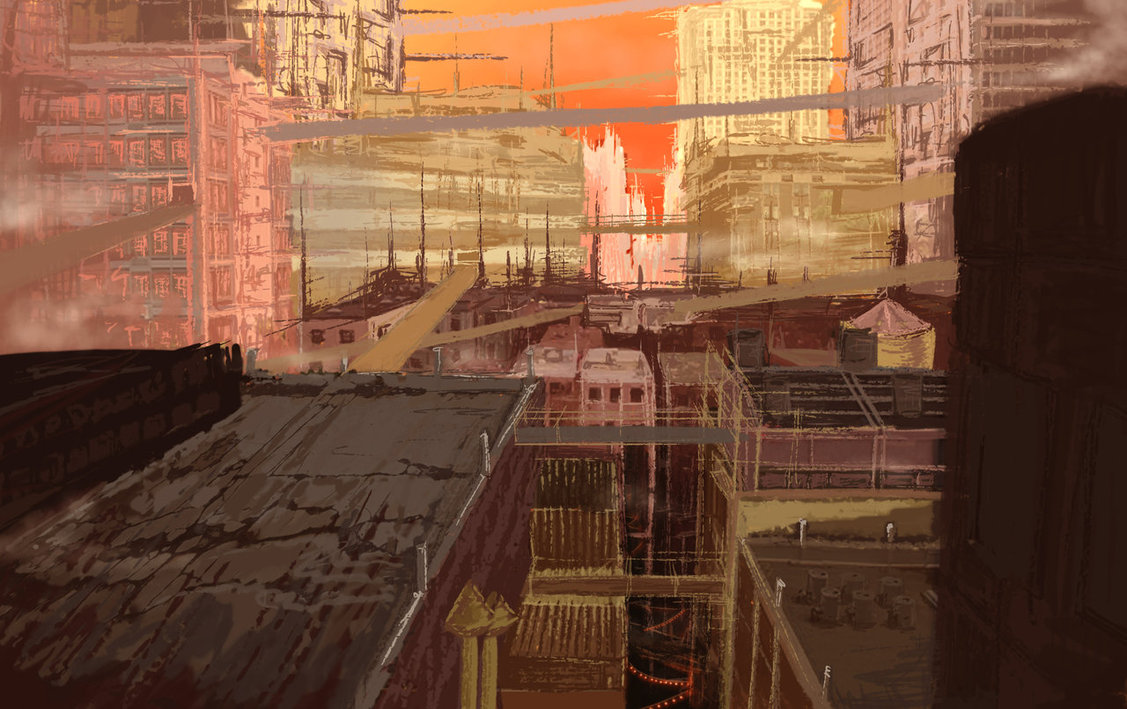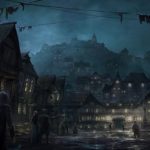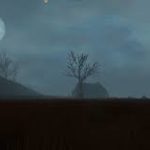‘Retribution: Death of a World’ – Joe Barraclough
Lightning clung to the spires of the metropolis, or appeared to. John Stoker didn’t much trust what he saw above him. His work was industry, and paid only in tokens for food, clothes, and leave. Not working wasn’t an option without the proper tokens; clothes were designed to break before the next standard pay dole to encourage a ‘positive attitude of diligence’ amongst the workforce. The food rations were equally poor: malnourished, half-starved workers don’t have the energy or resources to strike, knowing as they did that missing token-dole was a death sentence, either by starvation and disease, or as the result of punitive measures taken by the harsh manufactory overseers.
A thousand miles above John Stoker, a wealthy, influential family was deserting its luxury to run headlong towards escape craft. The children were terrified and awed in equal measure as they watched the glowing hellfire crawl across the glass walls of their apartment. The devil, coming to claim their souls, as it must have seemed. They sign protective wards across their chests, and are hurried onwards by their mother, who is trying her hardest to feign sincerity as she tells them it will be alright. They are leaving the world, its inhabitants, and the fortune their family made exploiting it. They are afraid.
Around them, in the negative space between the towering monoliths whose peaks house the influential and wealthy, and at whose feet lie the slums of industry, Lieutenant Burr of the Planetary Defence Force is doing his best. He lied his way into the fleet, and even the rank of lieutenant was a field promotion, and still foreign to his ears. Despite the odds against him, he had performed admirably. More than half the fighters had been launched, due in no small part to Burr’s efficient communication of the unfolding crisis, and he intended to join them against whatever foe beset his city.
John Stoker returned to his manufactory to see it disintegrate before his eyes, vaporised by the incandescent rage of a plasma bomb. The flash blinds him, but his last sight was the death of his oppressors. The shockwave rips him limb from limb, and the heat melts the skin from his bone, and boils blood and marrow alike, but his last sensation is freedom.
The planetary governor and his family were by now launching in a gold-embellished transport that veritably screamed important target. The governor struggled with the controls: he never thought this would happen, and had forgotten anything he’d ever known about inter-planetary flight, or system defence, or how to respond to the increasingly urgent missile lock warnings. His son starts to cry, and is comforted duly by his mother. She prayed with him.
Lt. Burr saw their plight, and their prayers are answered, but not with salvation. They burn, screaming, the laughter of minds immeasurably superior to their own echoing in distant response to the vanity of their final actions. Burr’s city burned, and he swiftly re-evaluated his dedication to it. Looking around, on each monitor and radar the same message was writ, proclaiming the destruction of a world. Renouncing oaths of fealty and faith alike, he turns his fighter upwards, and sets his mind on a single goal: survival. He alone of millions survives the onslaught, or so it occurs to him as he is annihilated by the extra-planetary turrets that had failed so entirely to detect or deter the invaders.















Post Comment
You must be logged in to post a comment.